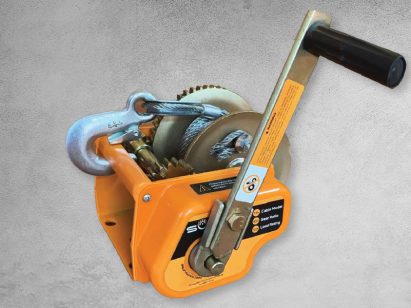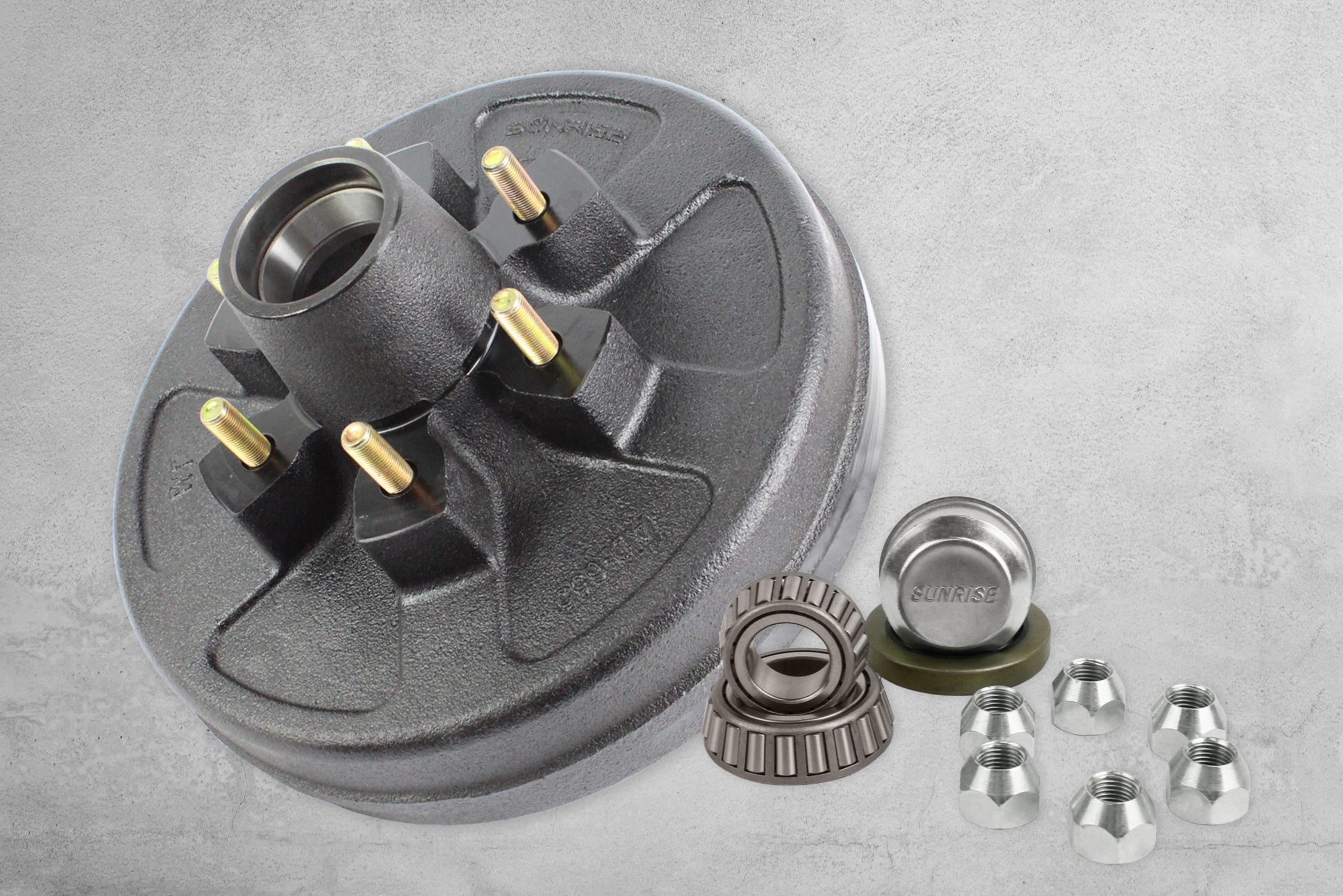
Top Tips on How to Maintance your Boat Trailer
Owning a boat opens up a world of…


In the realm of automotive engineering, the evolution of braking systems has been significant. Among the various types, electric drum brakes stand out for their efficiency and reliability. In this blog, we will delve into the fundamentals of electric drum brakes, exploring their applications, advantages, and more.
Electric drum brakes find widespread use across various industries and applications. From automotive vehicles to industrial machinery, their reliability and effectiveness make them a preferred choice in numerous scenarios. Some common applications include:
Automotive Vehicles: Electric drum brakes are commonly found in smaller vehicles such as golf carts, trailers, and utility vehicles.
Industrial Equipment: They are extensively utilized in industrial machinery like cranes, forklifts, and conveyor systems.
Recreational Vehicles: Many recreational vehicles such as RVs and boats employ electric drum brakes for their towing capabilities.
Agricultural Machinery: Tractors and other agricultural equipment often utilize electric drum brakes due to their ruggedness and durability.
Electric drum brakes operate on the same principle as traditional drum brakes but utilize an electric actuator for braking force application. The basic components of electric drum brakes include:
Brake Drum: This is the rotating component connected to the wheel hub. It provides the surface against which the brake shoes press to generate friction and slow down the vehicle.
Brake Shoes: These are curved metal pieces lined with friction material. When the brakes are applied, the brake shoes are pushed against the inner surface of the brake drum, creating friction and slowing down the rotation.
Electric Actuator: Unlike conventional drum brakes, electric drum brakes feature an electric actuator responsible for applying force to the brake shoes. This actuator is controlled electronically, allowing for precise modulation of braking force.
Wiring and Control System: Electric drum brakes are integrated with a wiring harness and control system that allows for seamless operation and integration with the vehicle’s braking system.

Electric drum brakes offer several advantages over their hydraulic counterparts, including:
Improved Control: The electronic control system of electric drum brakes allows for precise modulation of braking force, resulting in smoother and more controlled braking.
Reduced Maintenance: Electric drum brakes require less maintenance compared to hydraulic systems since they have fewer moving parts and do not rely on hydraulic fluid.
Enhanced Safety: The electronic control system of electric drum brakes can incorporate features such as anti-lock braking systems (ABS) and electronic stability control (ESC), enhancing vehicle safety.
Durability: Electric drum brakes are known for their durability and resistance to environmental factors such as dust, dirt, and water, making them suitable for harsh operating conditions.
Electric drum brakes represent a significant advancement in braking technology, offering improved control, reduced maintenance, and enhanced safety compared to traditional hydraulic systems. Their versatility and reliability make them a preferred choice across various industries and applications, from automotive vehicles to industrial machinery. Mainly box trailers, tipper trailers and car carrier trailers use electric brakes on the Australian roads.
Q: Are electric drum brakes suitable for heavy-duty applications?
A: Yes, electric drum brakes are commonly used in heavy-duty applications such as industrial machinery and agricultural equipment due to their durability and reliability, an electric braking system is required for trailers rated over 2000kg.
Q: Can electric drum brakes be retrofitted to existing vehicles?
A: Yes, electric drum brake conversion kits are available for retrofitting existing vehicles with traditional hydraulic drum brakes, providing improved performance and reliability.
Q: How do electric drum brakes compare to disc brakes?
A: While disc brakes offer superior performance in terms of heat dissipation and stopping power, electric drum brakes are preferred in certain applications due to their simplicity, durability, and lower maintenance requirements. However for boat trailer hydraulic over electric brakes is recommended as disc brake are less prone to rusting and water ingress through the brakes.
With over 20+ years of experience, our team are always ready to assist with any enquiries you may have
Our products are designed, manufactured and rigorously tested to comply with Australian Design Rules
Orders are ready to be shipped Australia wide or picked up via Click & Collect typically within one to two business days
Rest assured we offer hassle free change of mind returns for all our products. See our Returns Policy for more information on this.
Need a hand or more information? We would love to hear from you. You can get in touch with us through phone, email or by filling out the following enquiry form. One of our team members will be in touch shortly after.
Need a hand? We would love to hear from you. You can get in touch with us through phone, email or by filling out the following enquiry form. One of our team members will be in touch shortly after.